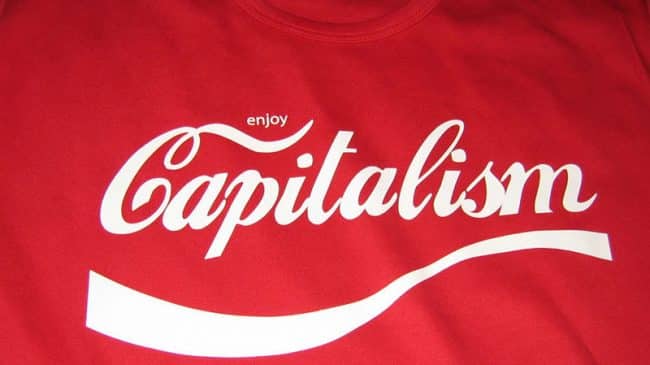Every year, the federal government’s budget is loaded with hundreds of billions of dollars in taxpayer-funded subsidies. A little known piece of that pile of taxpayer cash giveaways is the nearly $20 billion spent each year on “community development” subsidies.
While not as well known as farm subsidies or the special benefits of the mortgage interest deduction, the money spent on community development programs surpasses the $15 billion in subsidies the Department of Transportation uses to subsidize Amtrak and air traffic controllers, and equals the $20 billion in renewable energy subsidies from the Department of Energy.
What is the relationship between “crony capitalism” and community development subsidies, and how susceptible are these subsidy programs to crony capitalism? Crony capitalism is when private interests collude with government to acquire subsidies or economic benefits that give them an advantage or special privilege in the marketplace that would not otherwise exist. If the money from federally distributed community development subsidies primarily goes to benefit a narrow private interest at the expense of the broader community, and if those private interests encourage lawmakers to continue providing them the special privilege, then community development subsidies are a form of crony capitalism in the American system.
This policy brief looks at whether community development subsidies actually result in community development and the extent to which such subsidies have been captured by vested interests.

